A great historian from a small house ...
(From aphorisms of V.O. Klyuchevsky)
If you somehow find yourself in Penza, then ... ask the first comer, where is the Sura swimming pool. You will be shown, after which you will need to get up so that the entrance to it remains on your right. And then it turns out that right in front of you stands this strange building of “ship-like” outlines - the Kuznetsky Bank. But you should not look at it, but a little to the right and there you will see a street stretching somewhere upwards, built up with old wooden houses.
Bank "Kuznetsky" - a ship sailing for money.
Go over it, looking again to the right, and very soon you will stumble upon two more or less decent-looking houses interconnected, one of which will have a sign with the inscription - “V.O. Klyuchevskogo. Go there and you will not regret it.
Here it is this street ...
Here is this house ... and an old lamppost, which is very significant.
And this is it too, and behind it is something modern and impressive!
You will see nothing especially there, of course. Little of those years, unfortunately, survived. But it is still a piece of the life of those distant years and, at the same time, and in my opinion, a tribute to this wonderful person. One of those we really need to be proud of.
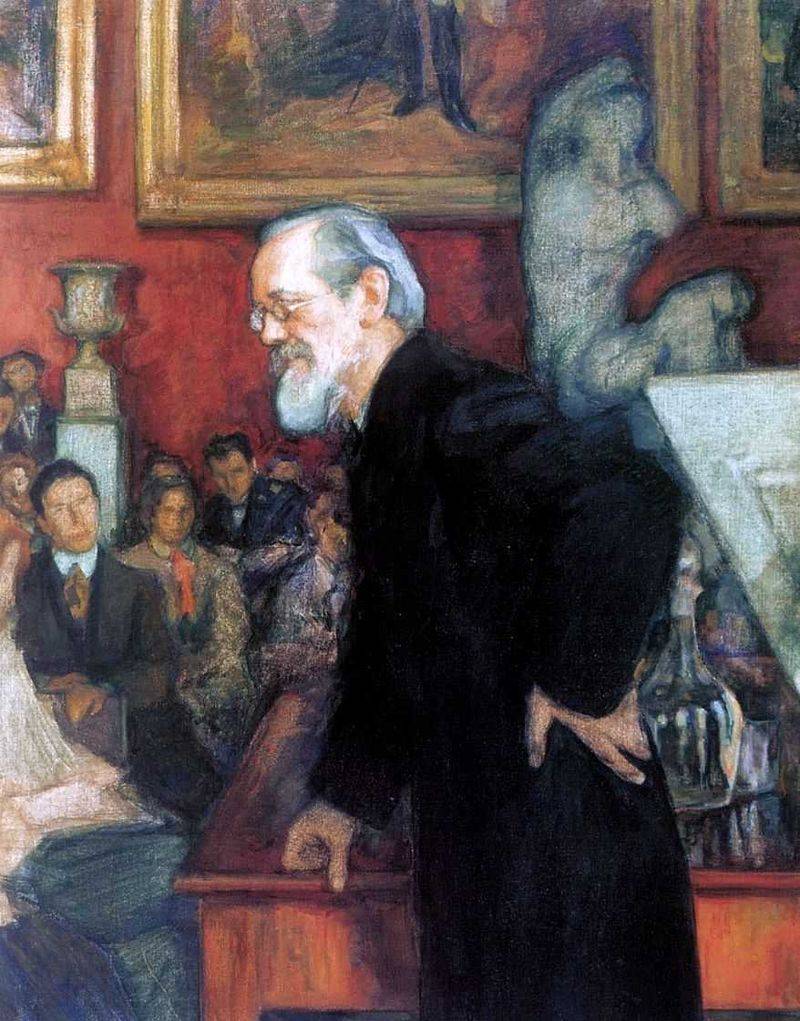
IN. Klyuchevsky. Painting by L. Pasternak (1909).
Well, and so, in the museum you can order a tour for yourself and then you will be told that VO was born. Klyuchevsky 16 (28) of January 1841 of the year, again under Penza, in the village of Voskresensk in the family of a parish priest, whose wealth was not distinguished. And he was nine years old when in August 1850 he lost his father and his family had to move with his need to Penza. One of her husband's friends showed compassion for a poor widow and gave him a small house to live with. “Was there anyone who was poorer than us when we were left orphaned by the mother’s arms,” Klyuchevsky once wrote to his sister when he recalled the hungry years of his childhood and adolescence. But in Penza, Klyuchevsky was able to study at the parish theological school, and after that he enrolled in the district religious school, and then to the seminary. And already then, while still studying at a religious school, Klyuchevsky read the works of historians and became so interested in history that he decided to devote himself to science, although the authorities distinguished him for his success and predicted his career as a clergyman, followed by admission to a theological academy. However, Kliuchevskiy didn’t attract a religious leader, so much so that in the last year of seminary he decided to quit it and then independently prepare for a year at Moscow University.
And here is his bronze bust, which can be seen in the museum.
In 1861, Kliuvsky’s dream came true, and he became a student. He attended lectures by F.I. Buslaeva, N.S. Tikhonravova, P.M. Leontiev - famous professors of the time. But he especially liked SM Solovyov: “Solovyov gave the listener a wonderfully integral, slender thread conducted through a chain of generalized facts, a look at the course of Russian history, and it is known what a pleasure for the young mind, beginning scientific study, to feel like owning a whole look at a scientific subject”.
It is not known whether such a machine "Singer" mother Kliuchevskogo, but later, when he got money, she could well be. Having become accustomed to living “within their means”, many people of that time sewed themselves and loved ones themselves, bought only cloth and threads. And some earned that sewed to order.
The era in which Kliuchevsky studied was stormy - a landmark event took place in the country - the abolition of serfdom, and all other bourgeois reforms of the beginning of the 1860s that put Russia on the rails of capitalist development began. Moreover, he was an opponent of the extreme measures allowed by the government in relation to the disgruntled, but he also did not approve of student performances with political demands. The theme of his graduation essay was very interesting and, one might say, somewhat unusual: “Legends of foreigners about the Moscow state” (1866), and Klyuchevsky studied more than 40 legends and notes left by foreigners about Russia of the XV-XVII centuries, that is, he worked present a large amount of historical sources. For the high quality of the research, he received a gold medal and an invitation to stay at the department "to prepare for the title of professor." That is, from the poor three-window Penza house, this man was able to step to the top of the scientist’s career, he had the opportunity to do science and teach in the best university of the empire.
The furniture of those years, far from our "today".
Embroidered at the time, even the salaries of the icons. And one such icon is exhibited in the Penza museum Klyuchevsky.
Klyuchevsky showed a very serious attitude towards sources in his master’s (master’s) thesis “The Old Russian Lives of the Saints as a Historical Source” (1871). The topic was offered to him by Solovyov, who apparently wanted to use not only the secular, but also the spiritual knowledge of the young undergraduate to study the important issue of the role of Orthodox monasteries in the development of Russian lands. And Klyuchevsky did not let him down, he did a truly titanic work, having studied at least five thousand living lists. No fakes, correspondence and secret frauds made by malicious agents of the West and the Vatican, in particular, he did not find in them, as he did not find inconsistencies in the Russian chronicles. Moreover, in preparing his dissertation, he managed to write six more interesting independent studies, including such work as “The Economic Activity of the Solovetsky Monastery in the White Sea Region” (1866-1867). But all these truly tremendous efforts did not yield the expected result. The texts were monotonous, the details were missing, that is, this work did not satisfy him. But then he got the opportunity to teach in 1872 — 1875. I began to lecture on Russian history at the Higher Women's Courses in Moscow. They became the most complete and popular account of the entire history of Russia from its most ancient times to the epoch of Peter I. All specialists noted and continue to note the exceptional wealth of the informative material embedded in them, which could not but affect the depth with which their author revealed the course of the historical process. in Russia.
The museum has a lot of old books. Including this Bible.
This is her title page.
Then with 1879, V.O. Klyuchevsky began to lecture at Moscow University, where he replaced the deceased historian Solovyov at the Department of Russian History. He spent whole 36 years of life (from 1871-1906) to the walls of this university, where he was first a student, then a assistant professor, and from 1882 onwards, a professor. In addition, he also lectured on Russian civil history at the Moscow Theological Academy (in Sergiev Posad) and also taught 15 years at Moscow women's courses. He even gave lectures at the Aleksandrovsky Military School and at the School of Painting, Sculpture and Architecture ... That is, he worked a lot and hard.
Bookcase with books.
Clock clocks
Inkwell.
Samovar.
This work brought Klyuchevsky deserved fame. Who knew how to throw a sharp word in time, a master to hold an audience in his hands, a brilliant scholar, he always attracted attention. Wherever he lectured, the audience was always crowded.
Wardrobe with dishes of those years. When I personally appear in this museum, I always remember my old house on Proletarskaya Street. And they were similar. Also, three windows to the street, also a large stove, and only then, with the death of his brother grandfather, there were six windows. As in this museum ...
His doctoral dissertation, called "Boyar Duma of Ancient Russia" (1880), was even more significant, followed by a series of scientific works on Russian history: "The Russian ruble of the sixteenth and eighteenth centuries. in its relation to the present ”(1884),“ The Origin of Serfdom in Russia ”(1885),“ Perfume to Serve and the Abolition of Serfdom in Russia ”(1886),“ Eugene Onegin and His Ancestors ”(1887), the cathedrals of ancient Russia "(1890), etc. What distinguished them in the first place? The abundance of sources used and very attentive and thoughtful attitude towards them. And again, we emphasize that he did not find any "conspiracies of the Germans", although he worked with the originals of documents from that far time.
What is it, guessing is not easy at all. And this is the oven door! Then they were cast from iron and sometimes decorated quite whimsically.
Klyuchevsky’s scientific authority was so high that in 1893-1895. Emperor Alexander III invited him to read the course of national history for Grand Duke George Alexandrovich.
Kliuchevskii studied under this book ...
And for this too ...
The uniform of the spiritual seminarian.
But the most impressive scientific research of Kliuchevskii, which received truly world-wide recognition, was his “Course of Russian History” in five parts, on which he worked for more than three decades. Interestingly, Klyuchevsky considered ... the colonization factor to be the main factor in the history of Russia, the pivot around which all the main events unfolded.
An impressive table, isn't it?
In his opinion, the entire history of the country was the history of colonization — that is, the century-old expansion of Russia. Considering it from this angle, he divided the national history into four historical periods. The first began in the eighth century. and lasted until the XIII century., the time of the concentration of the Russians in the middle and upper Dnieper with its tributaries. In the economy, then dominated by foreign trade. The population was fragmented between cities. The second period had a chronological framework from the 13th century. and until the middle of the XV century. Now the bulk of the population has moved between the rivers Volga and Oka. The country was still fragmented, but now it was divided into princely inheritances, often hostile to each other. The basis of the economy of the principalities was the free labor of peasants-plowmen. The third period, in his opinion, took place from the middle of the 15th century. and until the second decade of the 17th century, when both the Don and Middle Volga black soils were mastered; the all-Russian state appeared; enslavement of the peasants began. Finally, the last period - until the middle of the XIX century. (further "The Course ..." did not cover the history) became the time of the spread of the Russian people throughout the territory from the Baltic and the White Sea to the Black, and to the East to the Urals. An autocratic Russian empire arose, in which the main thing was the military-service class — the Russian nobility. The economic basis of this society was the labor of serfs plus the factory industry.
Leaving the museum courtyard, I found an amusing “action” there - the museum staff played in front of a group of children from some school camp a sketch from the life of those early years and talked about how our ancestors drank tea. They introduced them to the Russian tradition of tea drinking and ... treated them to tea and sweets.
Therefore, when I hear that our children are “growing Ivanas, not remembering kinship,” that they do not know the original Russian culture, that work in this direction is not conducted, I know that in reality this is far from being the case. Being maintained, and regular, at least at the Klyuchevsky Museum. And, by the way, not only with him!
Tea was with donuts and gingerbread and right in the courtyard of the museum. I personally liked everything that I heard and saw there.
In 1900, Klyuchevsky became an academician, and from 1908, he was elected an honorary academician of the St. Petersburg Academy of Sciences.
Family photo. Klyuchevsky on it in a cap.
Portrait of a wife with son Boris.
At 1905, Klyuchevsky received an official invitation to take part in the work of the Commission on the revision of laws on the press and in meetings (chaired by Nicholas II) and on the draft of the establishment of the State Duma and the scope of its authority.
Now children have to explain why they needed such holders ...
In 1906, another interesting event happened: in Paris, he was accepted into the Lodge of the Scottish Rule "Cosmos" along with some other historians and famous Russian public figures belonging to the Cadet party ... That's when someone will smell the "conspiracy theory ”, But at that time such membership was an indicator of only the social and professional significance of a person. It was so accepted and in no way affected its activities. The Russian professor received such a salary that he could have a two-storied mansion with an office, his own departure, subscribed to a box in the theater, a domestic servant, and took students at home at all. The sovereign emperor himself received him in his palace, where he lectured to Grand Duke Georgy Alexandrovich - where could he go higher than that ?!
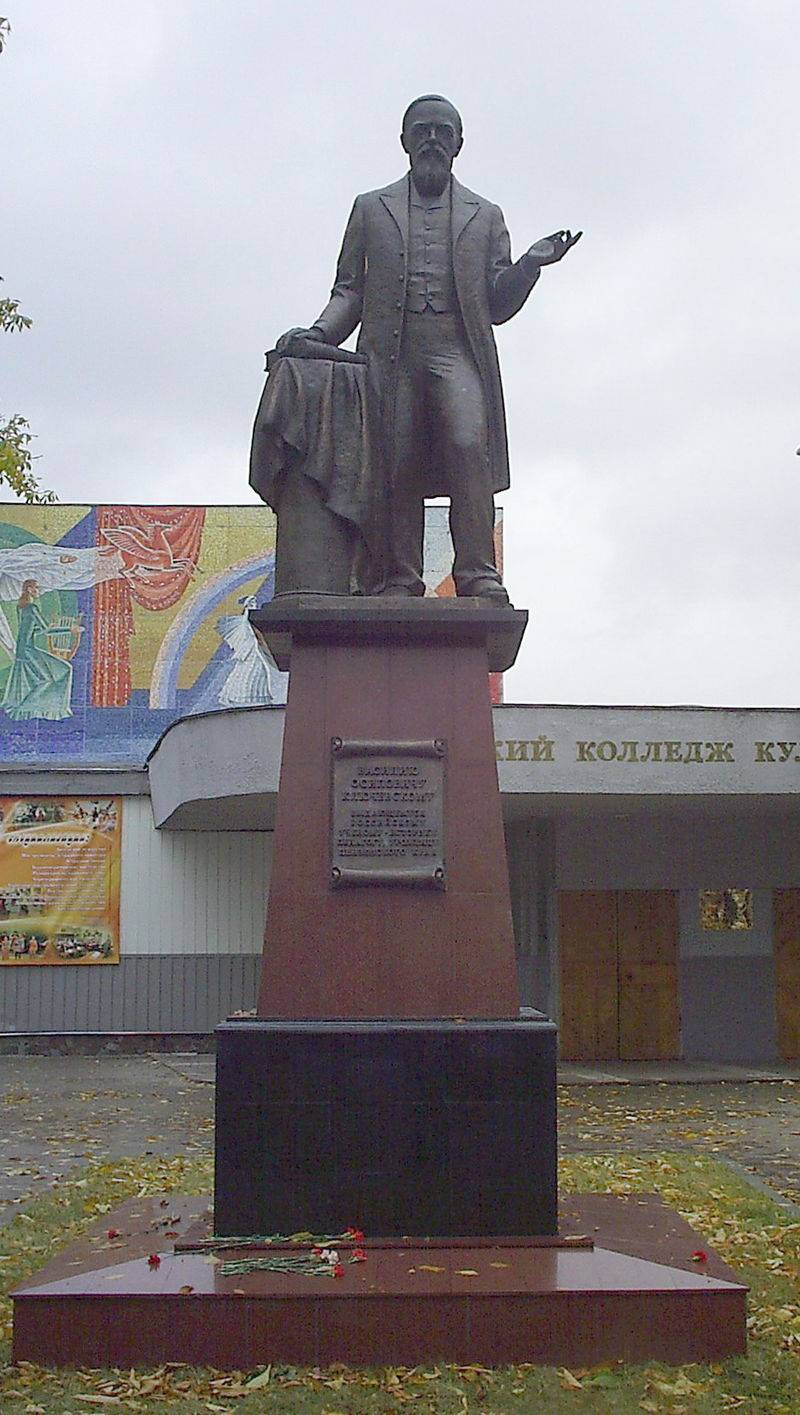
Monument to Klyuchevsky in Penza.
Klyuchevsky 12 died on May 1911 in Moscow and was buried in the cemetery of Donskoy Monastery.
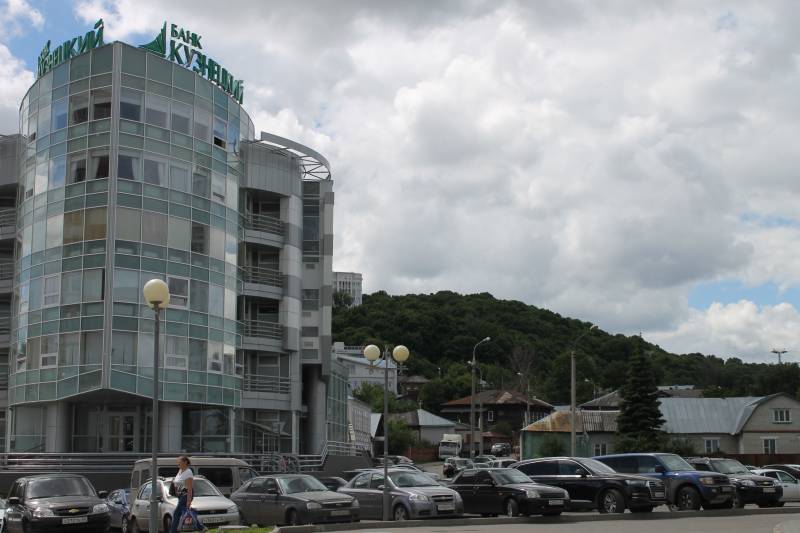
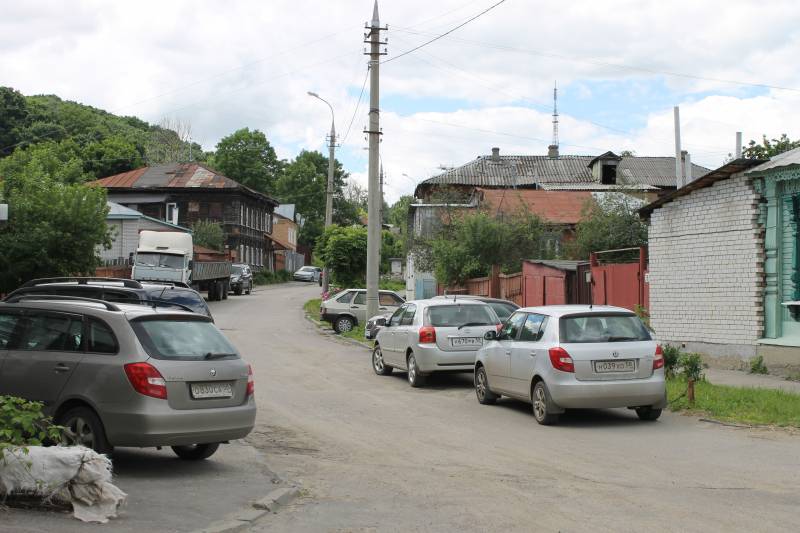
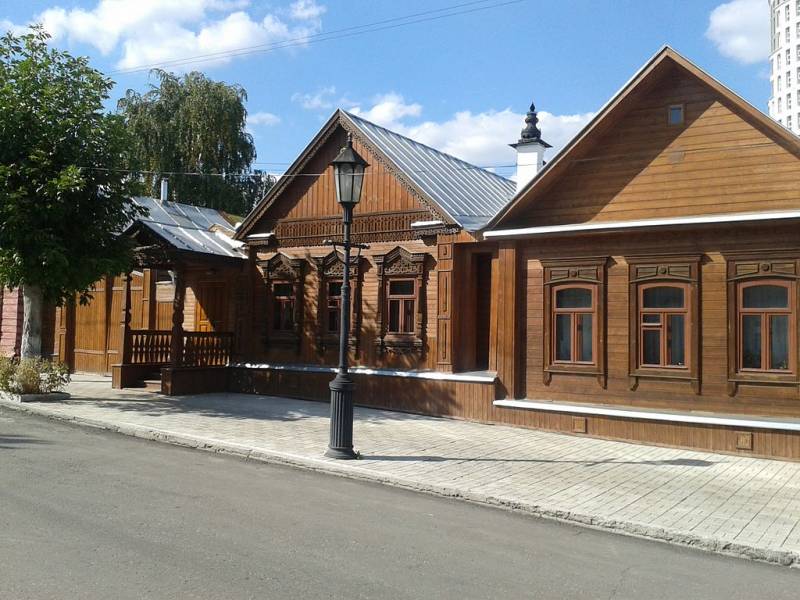
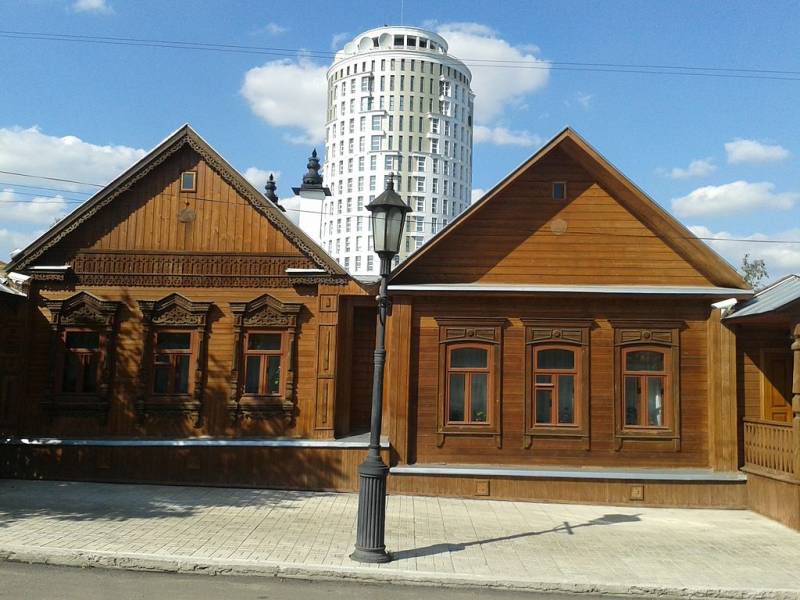
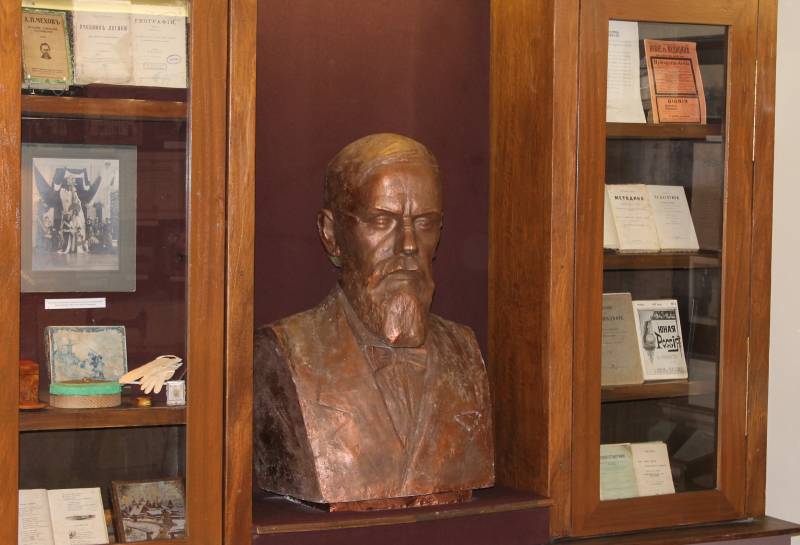
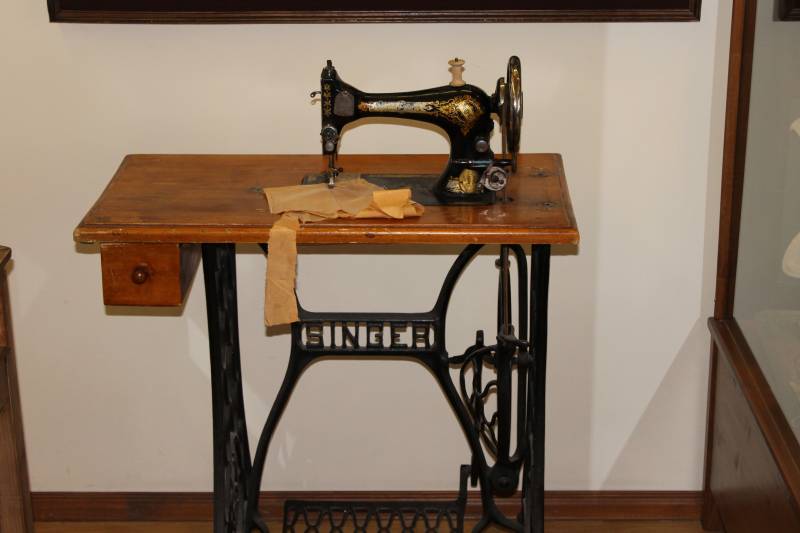
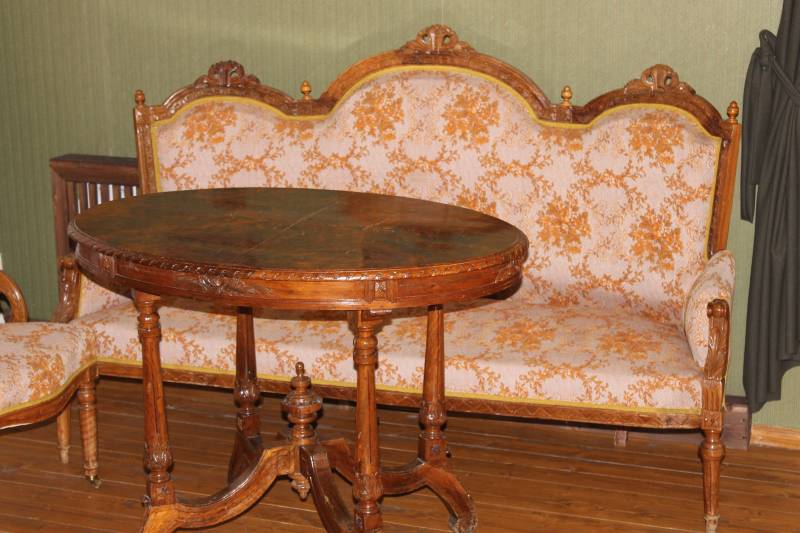
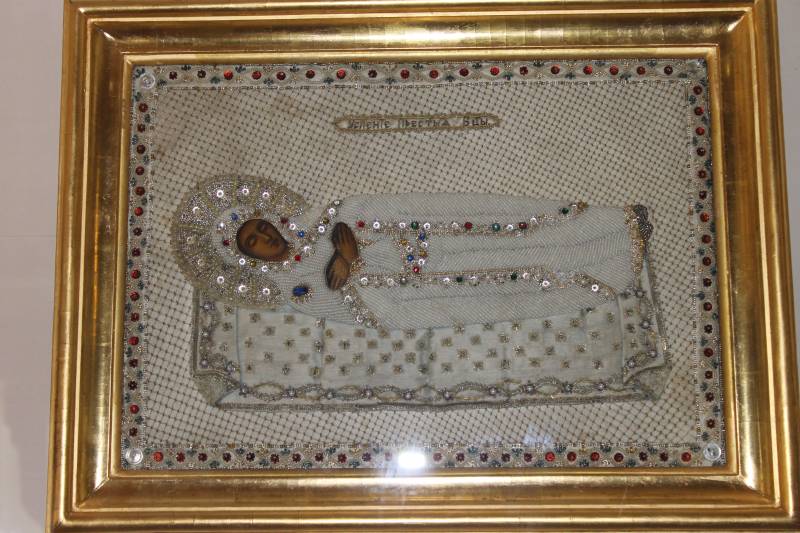
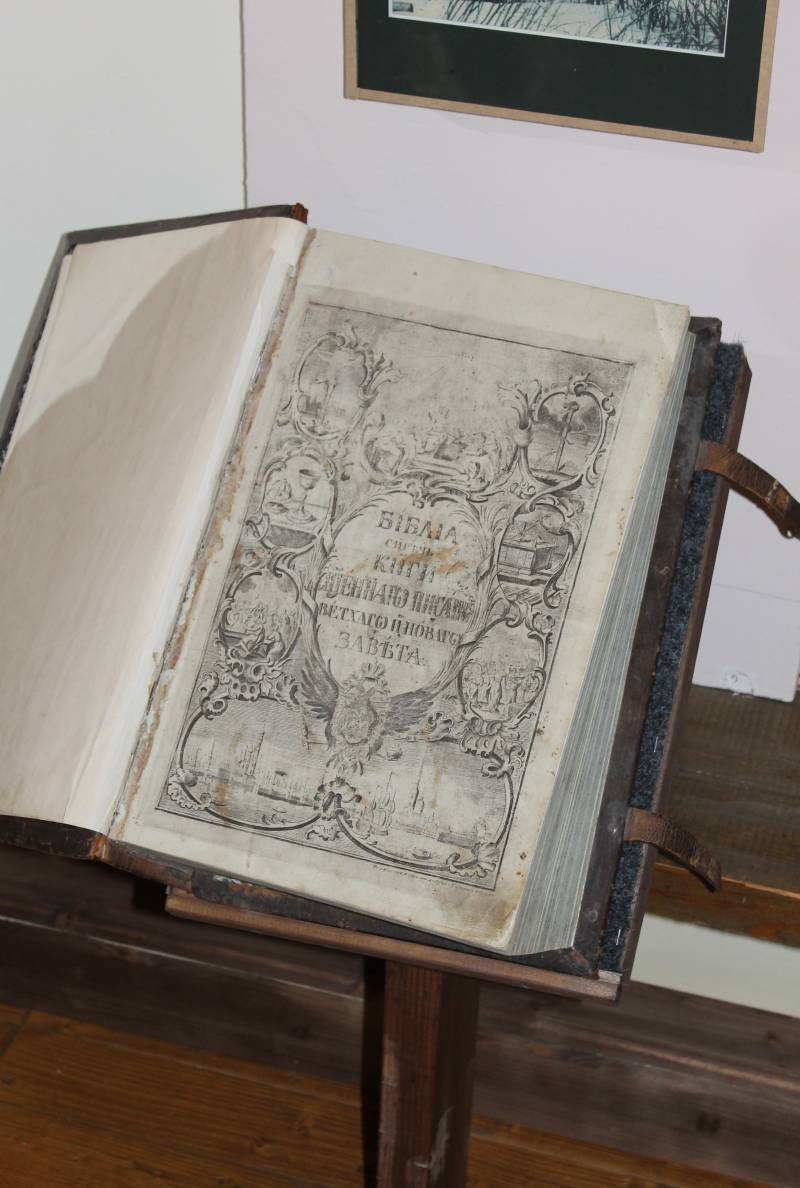
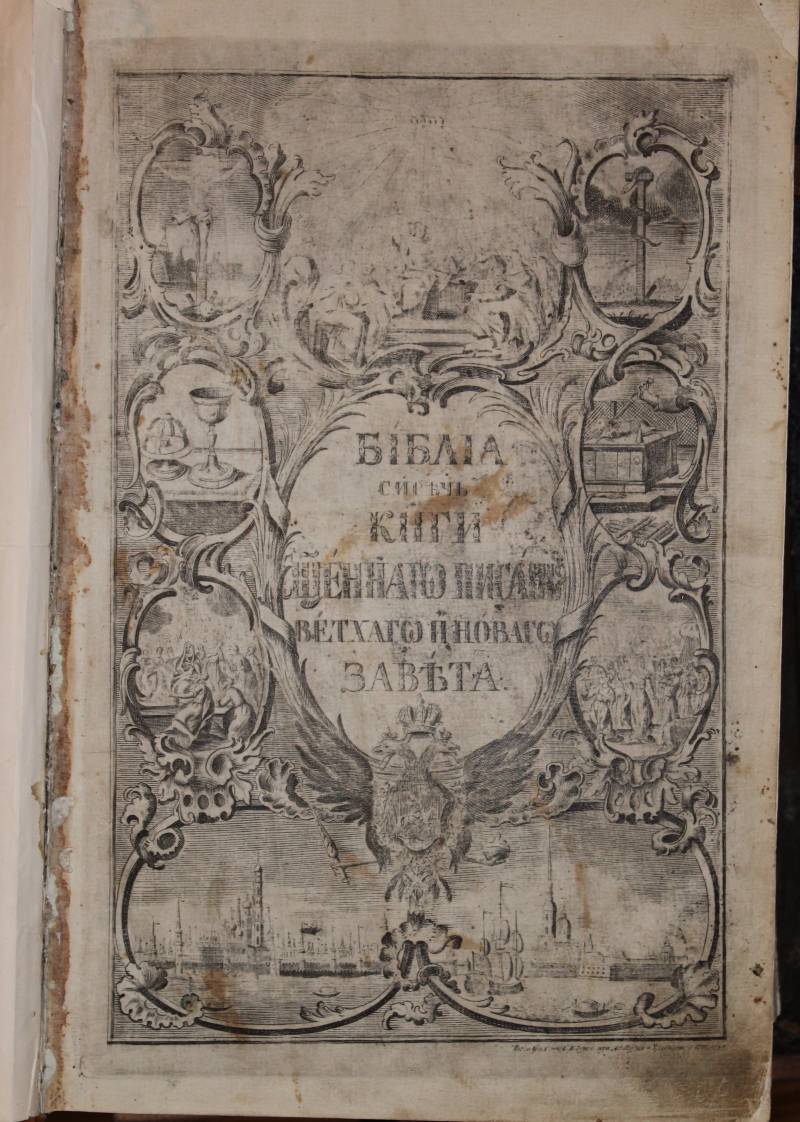
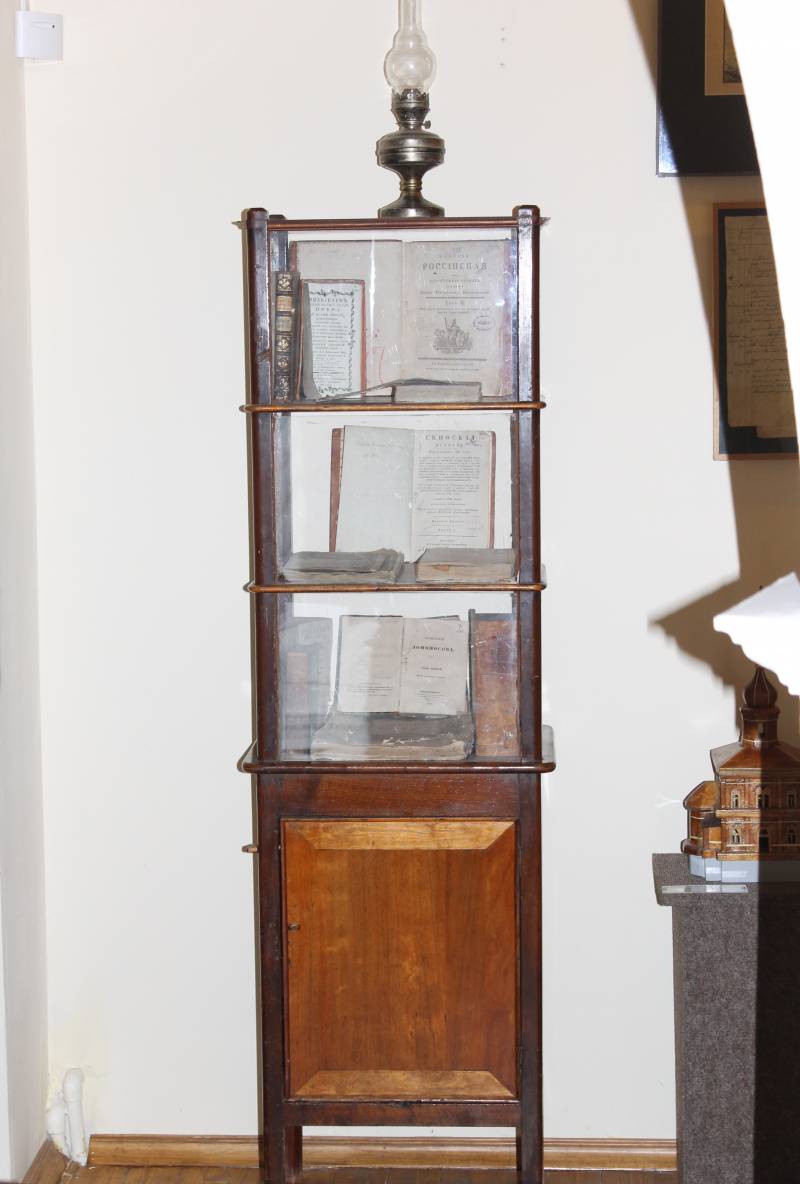
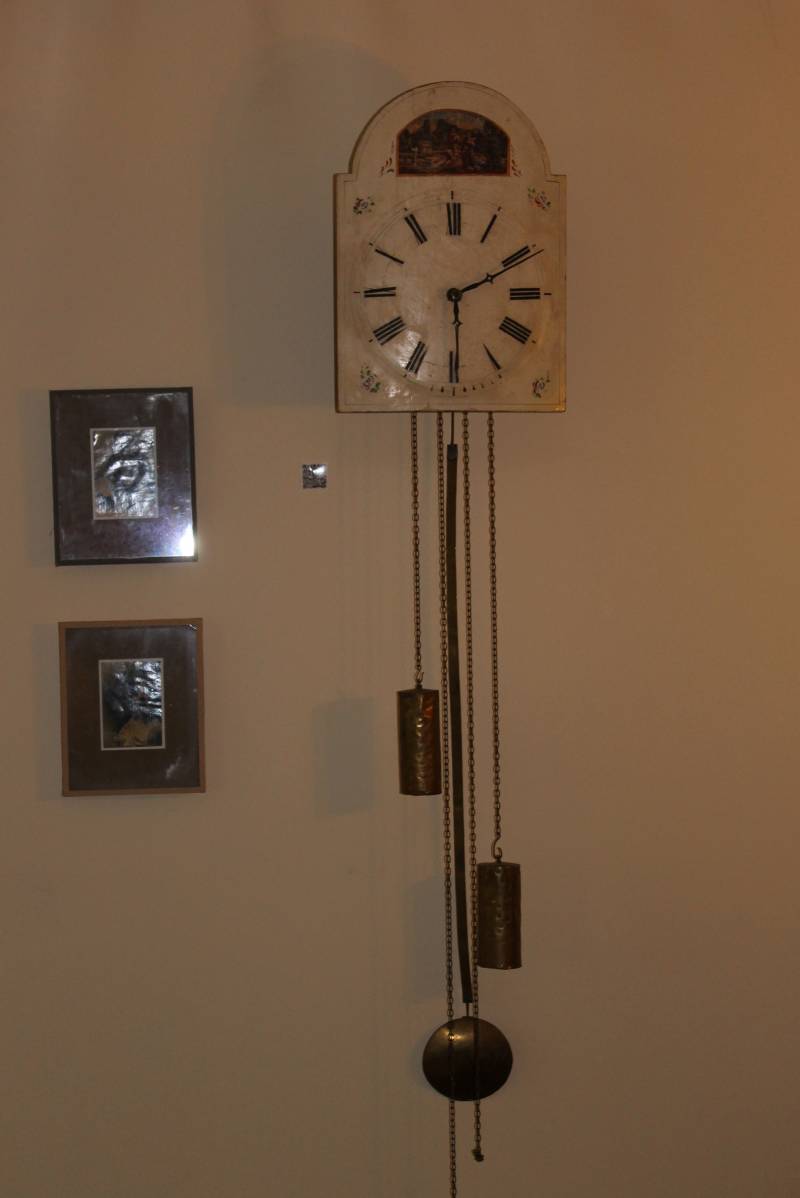
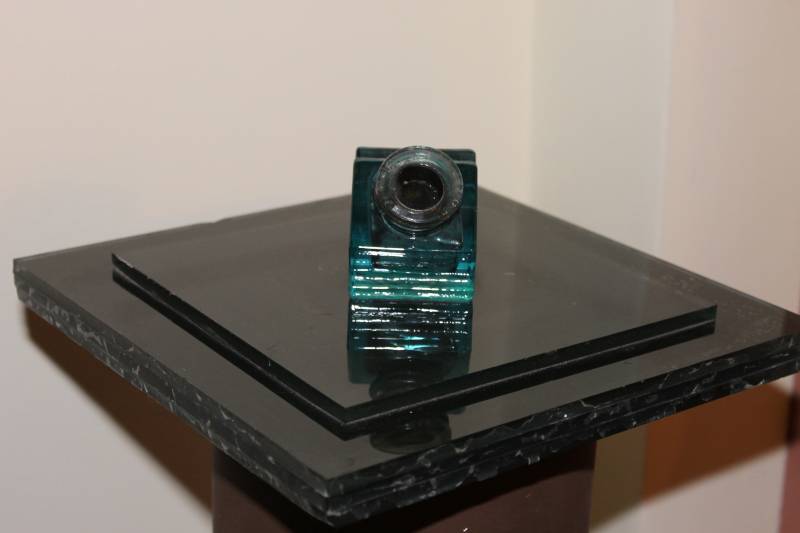
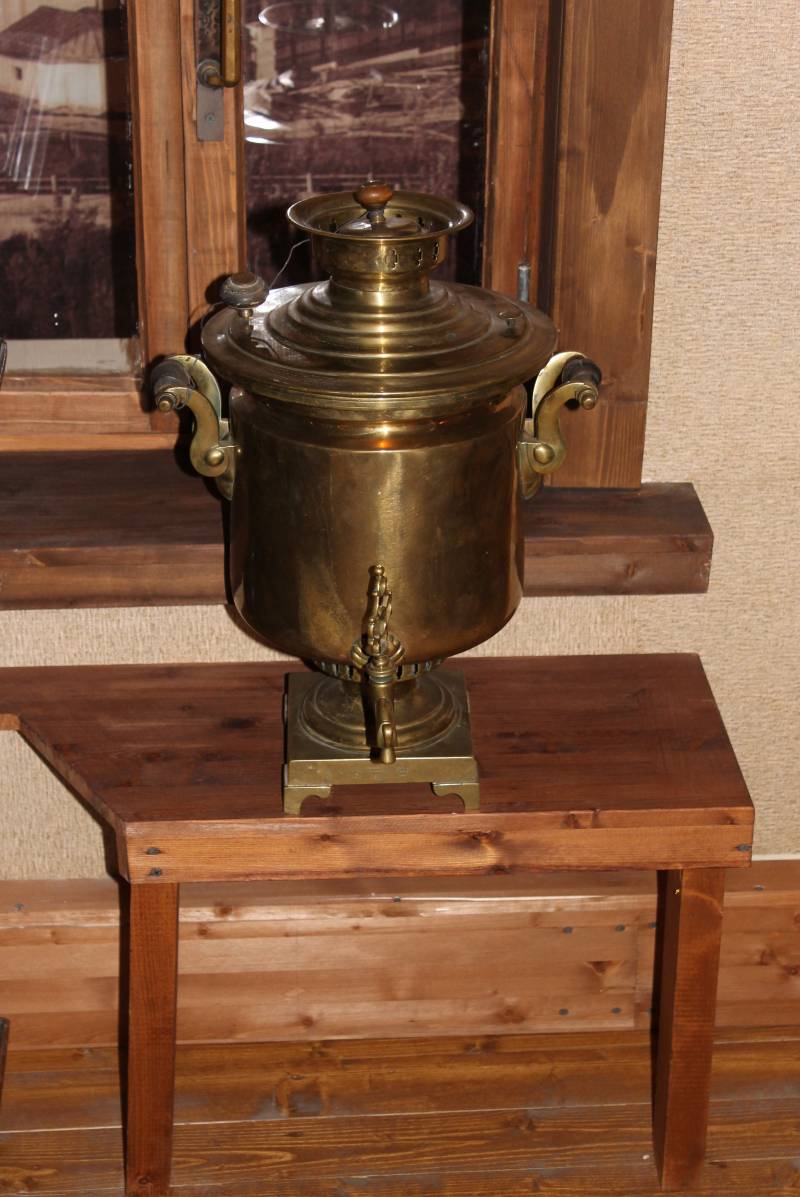
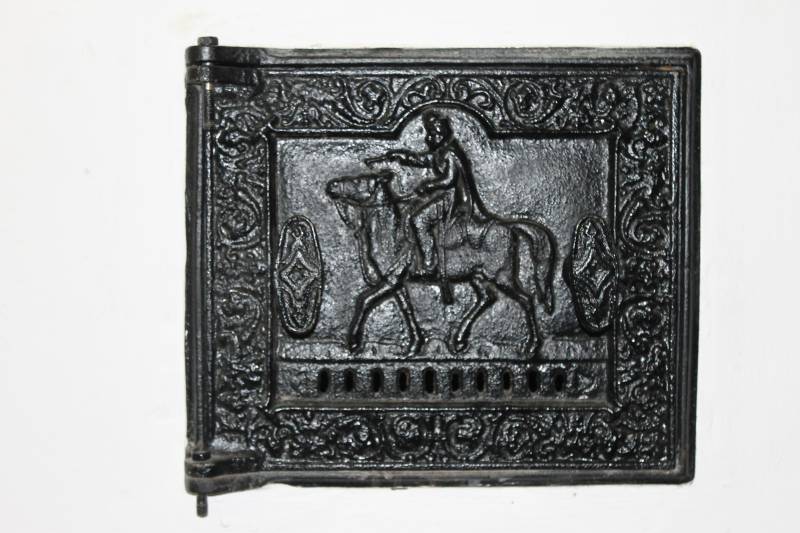
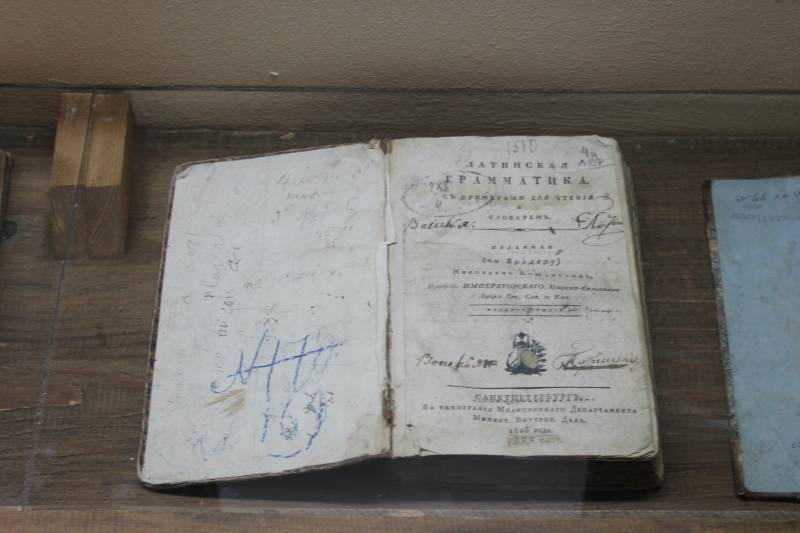
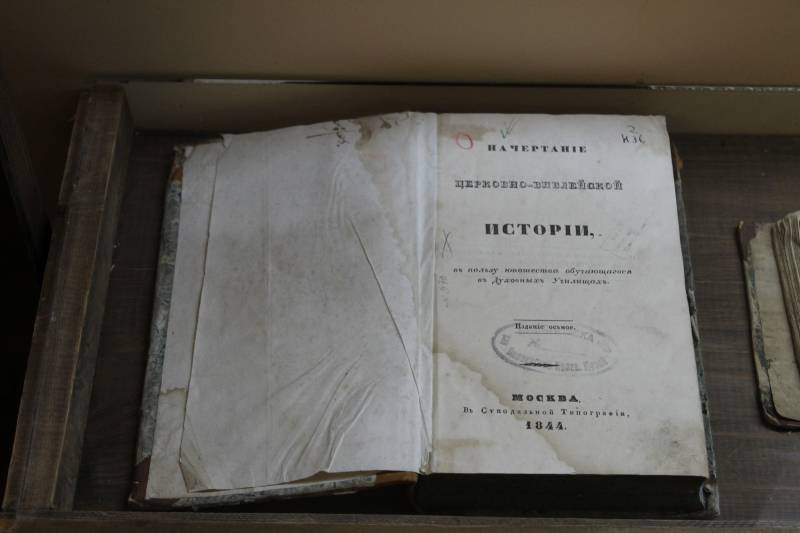
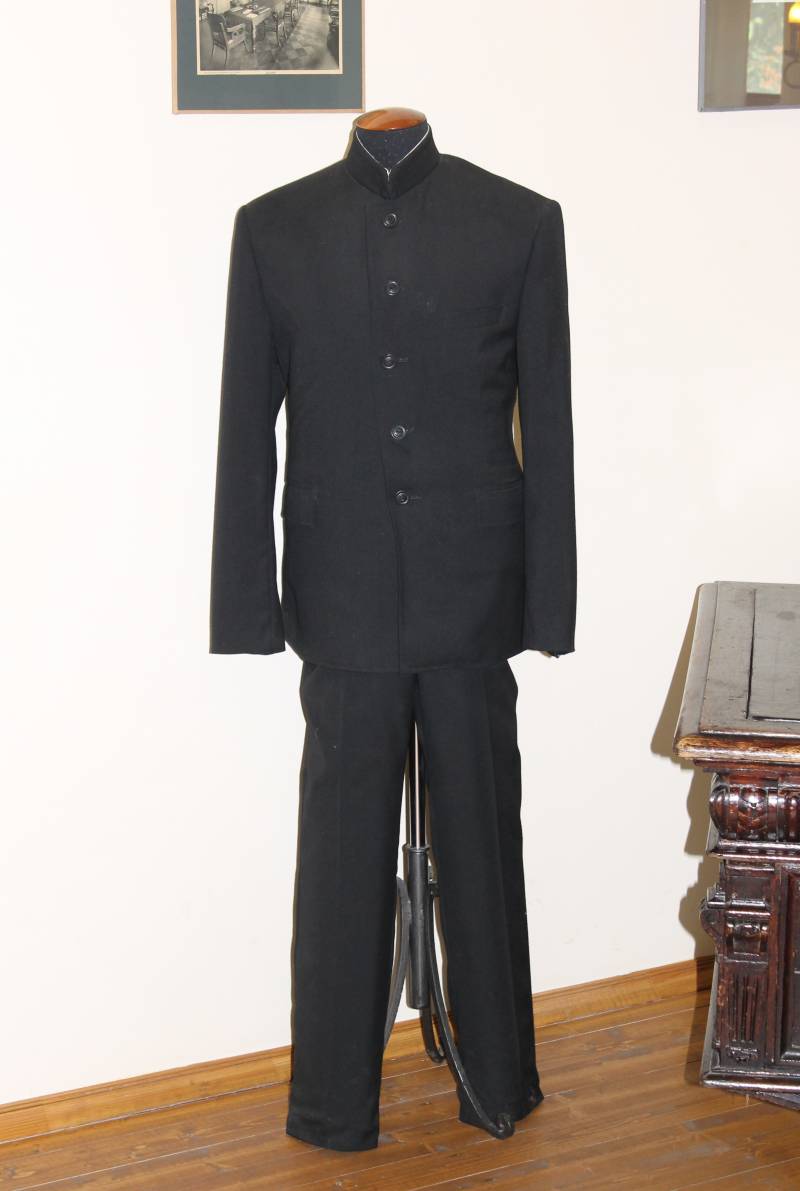
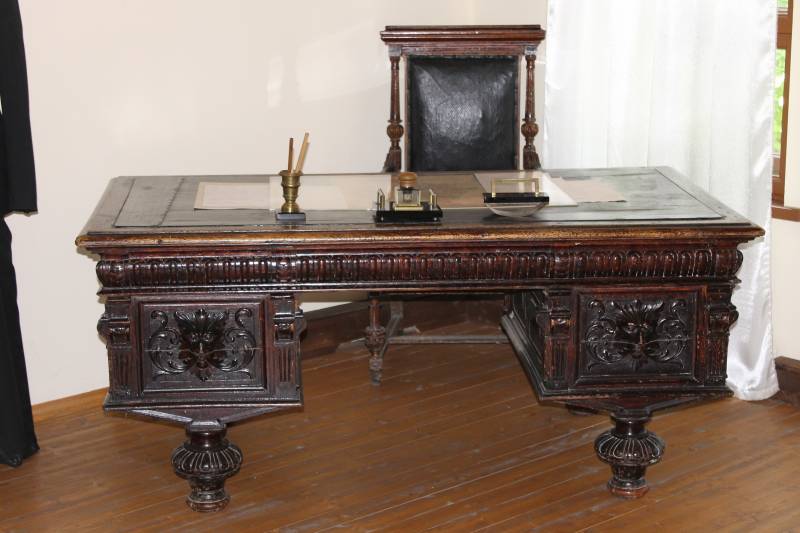
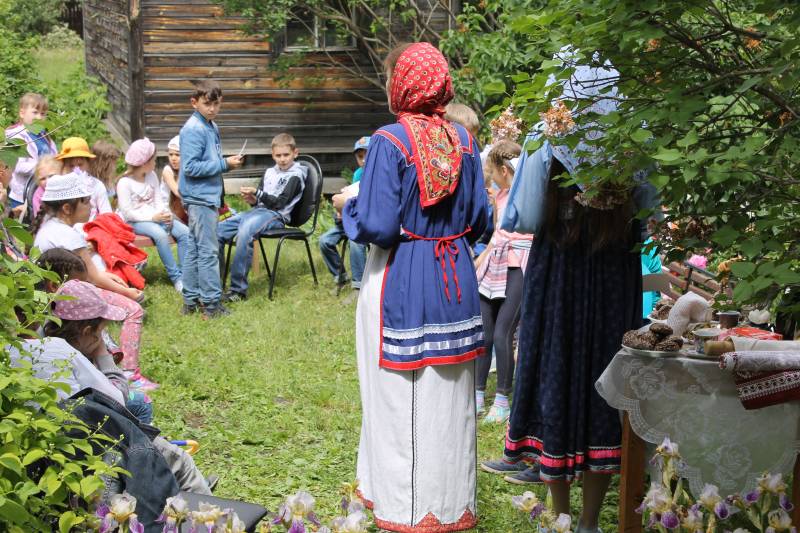
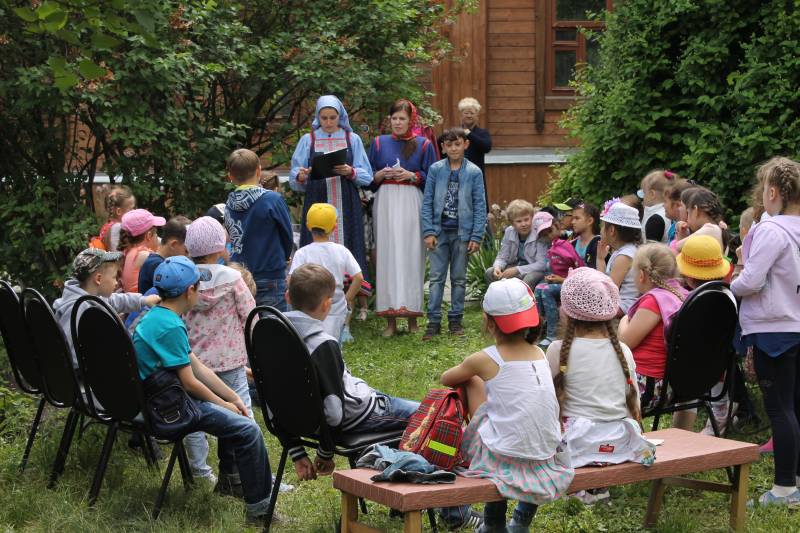
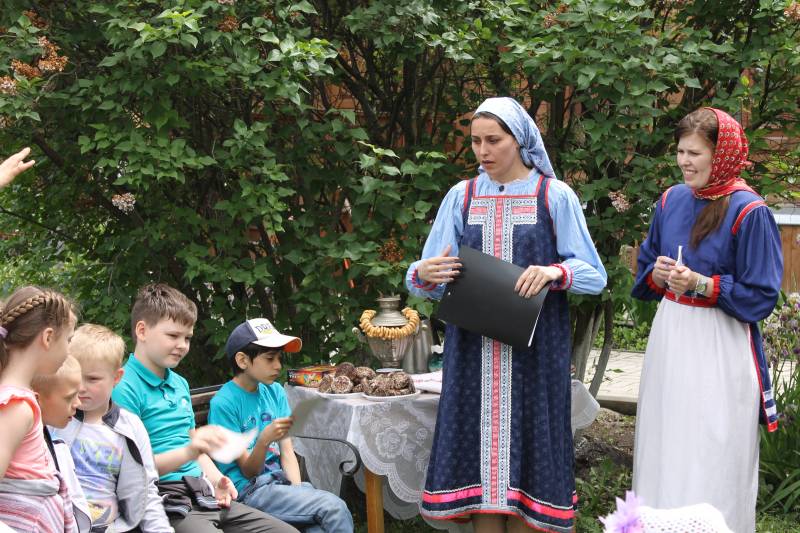
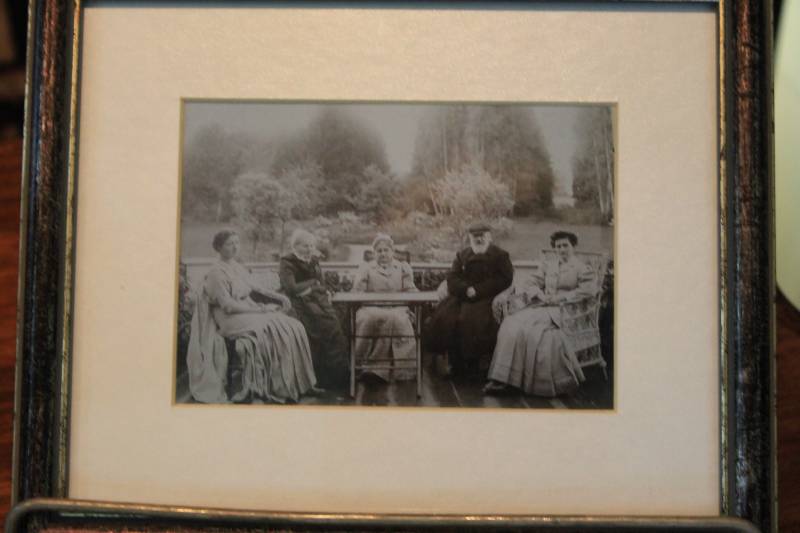
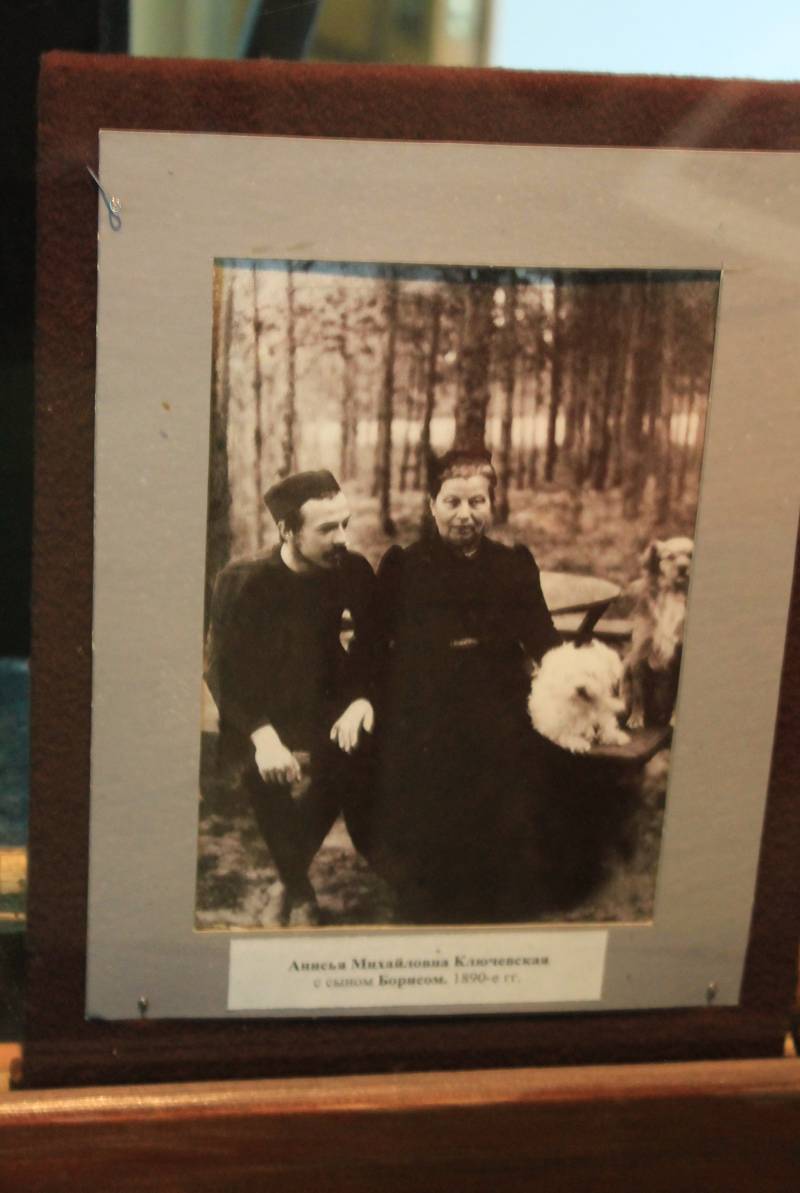
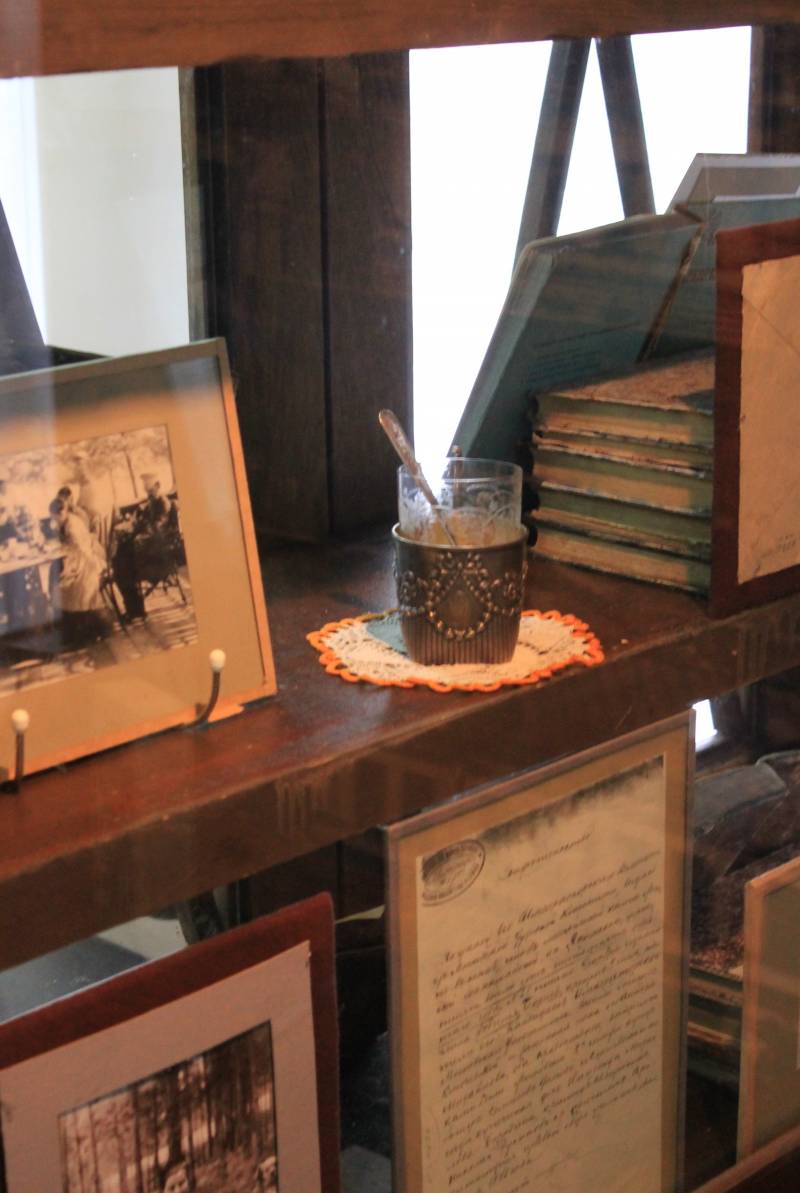
Information